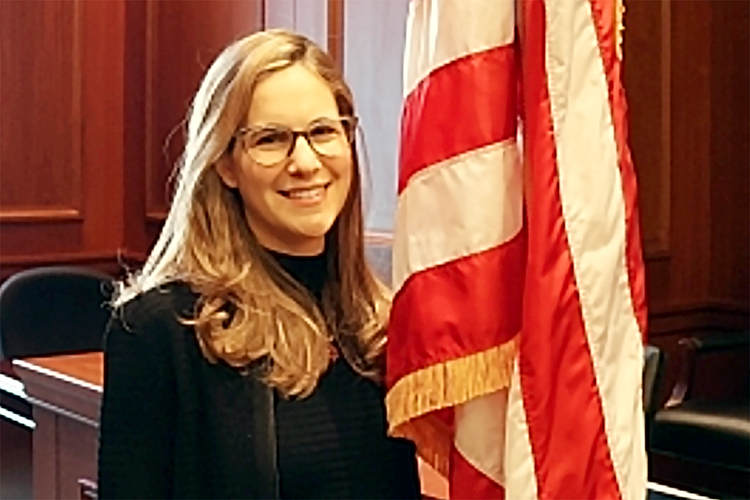New York Starbucks workers sue over the company tip policy

iStockPhoto
Ever wonder who actually gets the tips you’ve left at the cash register in Starbucks? If you’re getting your caffeine fix in New York, that question remains undecided, as the fight over spare change continues with Starbucks baristas saying shift supervisors and assistant managers should not have their hands in the tip jar.
In 2008, former baristas and assistant managers each filed class actions against Starbucks in a New York federal court over the company’s tip-sharing policy. Baristas said being forced to split tips with shift supervisors violated New York labor law; assistant managers claimed they were being unfairly excluded from a share of the tip pool.
The court sided with Starbucks in both cases, ruling that shift supervisors—because of their limited supervisory responsibilities—did not meet the definition of an employer’s agent and could share in the tips, but assistant managers don’t get a share because their responsibilities are greater.
Both parties appealed to the 2nd U.S. Circuit Court of Appeals at New York City, which sent the cases to the New York Court of Appeals for clarification on state labor law. This summer the New York court issued an advisory opinion to the 2nd Circuit, saying it should use a standard of “meaningful authority” over subordinates to determine tip pool eligibility. It also said “an employer could exclude eligible employees from tip pools, but suggested there may be limits to the practice,” says labor and employment associate John Egan of Seyfarth Shaw in Manhattan. Since assistant managers are salaried, the court said they had significant authority over others, thus suggesting they could be excluded from the tip pool.
Shannon Liss-Riordan, a Boston lawyer representing the baristas, says the fight is not really between baristas and shift supervisors. “It is over whether the employer should be allowed to offset labor costs by letting shift supervisors take tips from the lowest-paid workers.”
The cases have been sent back to the 2nd Circuit.
Write a letter to the editor, share a story tip or update, or report an error.


